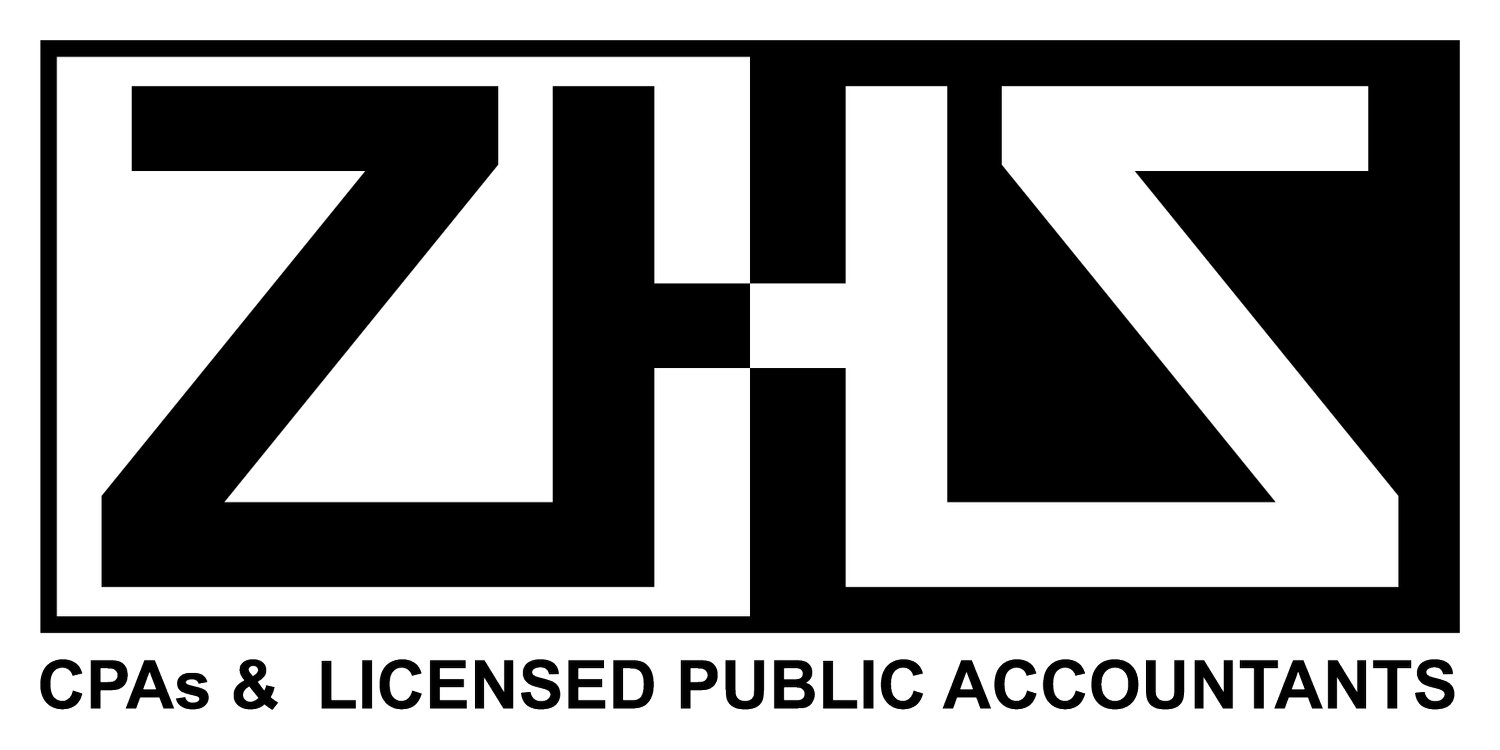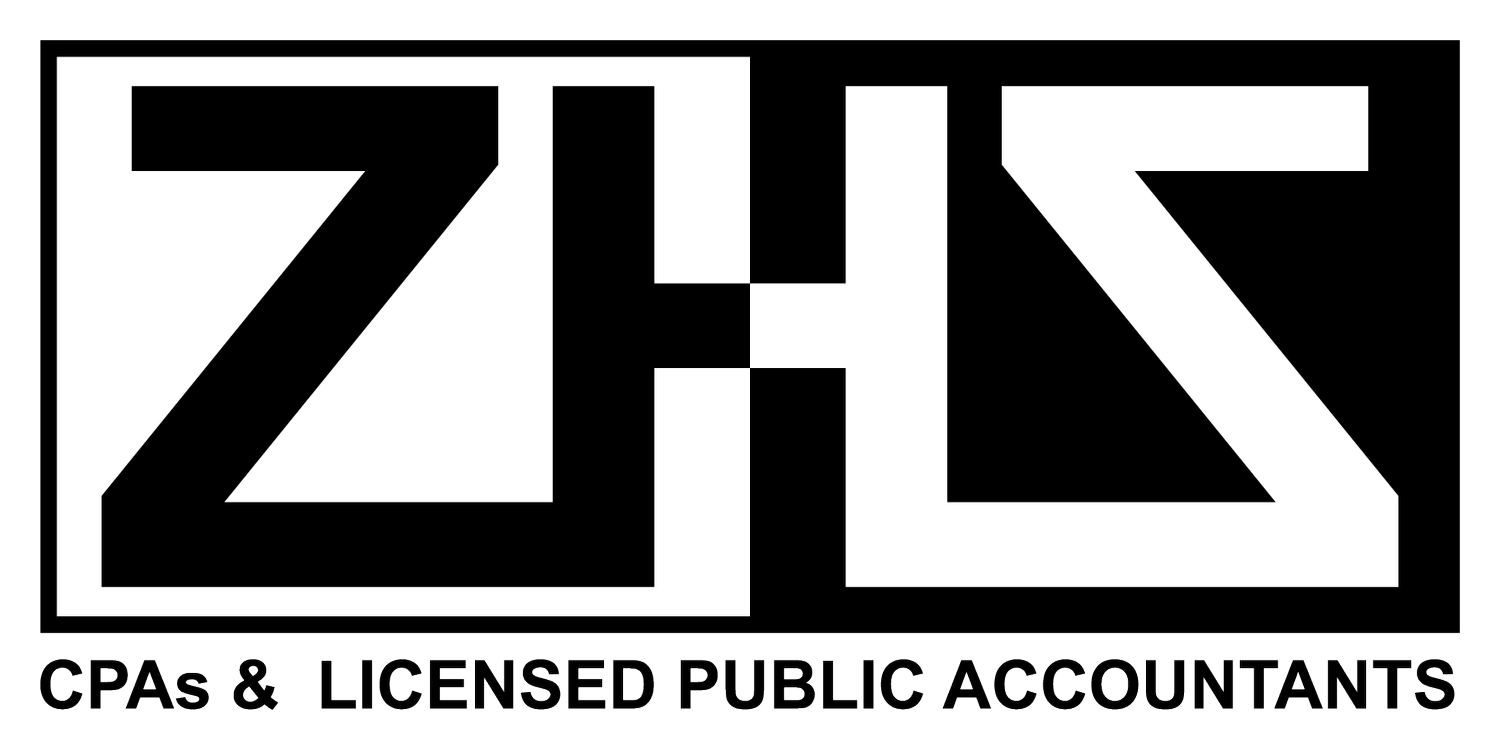What is Bill C-47 and What Does it Mean for Your Business?
Bill C-47 became a law after the royal assent recently and comes with several amendments for reporting and compliance obligations for taxpayers in Canada.
For businesses, the extended mandatory disclosure reporting rules (MDR) require significant reporting through reportable, notifiable, and uncertain tax transaction categories.
Further, the newly enacted bill proposed several changes affecting both the business and individual taxpayers in Canada.
New Mandatory Disclosure Reporting Rules (MDR)
Bill C-47 introduces expanded reporting rules for corporate taxpayers by categorizing transactions into three categories.
These new mandatory disclosure reporting rules (MDR) apply to all corporate taxpayers except for the uncertain tax transactions that only apply to large corporations with a minimum asset base of $50 million.
Reportable Transactions
Under existing rules, a reporting entity must report a transaction when:
● If it is considered an avoidance transaction under anti-avoidance rules.
● If it meets two of the following three conditions:
○ It comes with a tax-benefit-based fee
○ It offers contractual protection
○ It offers confidentiality protection
Bill C-47 proposed amendments and expanded the scope of the reportable transactions as:
● Now a reporting entity must report a transaction if it meets any one of the three conditions; tax-benefit-based fee, contractual protection, and confidentiality protection.
● Under the revised rules, a transaction will be considered reportable even when it is entered to obtain a tax benefit along with other purposes.
● Scientific research and experimental expenses can be excluded from the tax-benefit-based fee claims.
● Under contractual protection standards, a reporting entity can now exclude warranty protections and standard representation costs provided it meets the arm’s length business transaction rules.
Notifiable Transactions
Bill C-47 broadly covers another aspect of financial transactions under the “notifiable transactions” heading.
Under The Income Tax Act, the Minister of National Revenue can designate a transaction or series of transactions deemed notifiable by taxpayers. The revised section also covers advisors and promoters broadly.
The Canada Revenue Authority (CRA) previously published a list of notifiable transactions to help taxpayers understand the scope of this revision.
Any transaction or a series of transactions that is similar or the same and can be designated as a notifiable transaction should be reported to the CRA.
Some important categories for notifiable transactions include:
● Any transactions manipulating the Canadian-Controlled Private Corporation (CCPC) status to avoid anti-deferral rules applicable to investment income like portfolio dividends or capital gains, rentals, and royalties.
● Avoiding the Canadian-Controlled or Canadian Corporation statuses.
● Using partnership structures to create straddle loss transactions where taxpayers artificially create losses to reduce the tax burden.
● The revised rule prohibits taxpayers from using the “21-year deemed realization rule” for a trust by indefinitely deferring the realization of gains from capital properties.
● Manipulating the bankruptcy status rule to reduce the forgiven amount against a commercial obligation.
● The revised rules aim to prevent the manipulation of back-to-back arrangements for lending, rentals, or royalties with certain non-residents to avoid withholding taxes.
A reporting entity must report a reportable or notifiable transaction within 90 days of entering into such transaction arrangements.
The penalty for failure to report these transactions for taxpayers is the greater of $100,000 or 25% of the tax benefit and for advisors/promoters $10,000 plus the fee or compensation amount charged plus an additional fine of up to $100,000.
Reportable Uncertain Tax Transactions
The newly proposed rules in Bill C-47 also require corporations with at least $50 million in assets to report uncertain tax transactions.
The reporting entity must be a tax filer with the CRA, meet the minimum asset requirement, and have audited financial statements in compliance with the IFRS or GAAP rules as applicable.
A transaction will be deemed an uncertain tax transaction when the reporting entity fails to achieve “more likely” than not status for tax compliance purposes and for which the uncertainty is reflected in the financial statements.
New Reporting Rules for Digital Platform Operators
An important addition to the current tax rules in Canada comes for digital platform operators offering services or products in the gig economy.
The newly enacted Bill C-47 requires a digital platform operator to collect, share, and report information about sellers with the CRA.
A digital platform operator must comply with the reporting obligations when it’s a resident, incorporated, or managed in a partner jurisdiction and offers services to residents in Canada.
It means more digital platforms offering services as a marketplace or online service providers will have to collect, verify, and report sellers’ information to the CRA with this newly enacted bill.
Residential Property Flipping Rules
The current bill also extends the existing rules regarding the flipping of residential properties as business income.
Bill C-47 addresses a particular issue of individuals holding rights to a property before construction and then selling it within 12 months. This income received by an individual will be considered business income for tax reporting purposes.
This extended regulation will be applicable on certain assignments and sales made after January 1, 2023.
Withholding Tax Obligations for Non-Resident Canadians
Previous withholding tax regulations didn’t require non-resident Canadians to report real estate or rental income transactions.
The amended regulations now make it mandatory for non-resident Canadians to comply with tax-withholding obligations for income earned through a Canadian source regardless of the fact that the transaction takes place between two non-residents.
The Canadian withholding tax obligation of 25% tax was previously imposed only on the Canadian tax resident for these transactions.
Other Important Tax Implications for Businesses
Some key tax implications for business with the newly enacted Bill C-47 include:
● A threshold of 90% for arm’s length shareholder loan transactions to further tighten the ordinary business lending.
● Japanese Yen now qualifies as a functional currency for reporting purposes for tax years after 2019.
● New amendments prohibit financial institutions from hedging and short-selling arrangements for taking artificial tax benefits.
● The bill now prohibits taxpayers from deductions on dividends received.
The Bill C-47 Tax also proposes some eventful changes for Canadian individuals:
● Qualifying persons for Canada Workers Benefit (CWB) for the year 2023 and afterward will now automatically receive the compensation in three installments.
● The CRA will now be able to share information with the relevant federal authorities to extend the dental care health plans for nine million Canadians.
● The bill also imposes a cap of 35% interest rate on predatory lending through payday loans in Canada.
● The registered education saving plans withdrawal limit is increased from $5,000 to $8,000 for full-time students and from $2,500 to $4,000 for part-time students.
● The allowed limit for trader’s tool expense is increased from $500 to $1,000 for the tax year 2023 and onwards.

